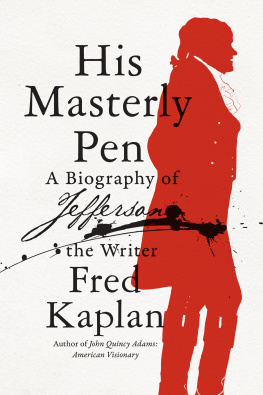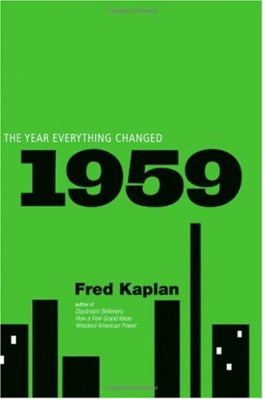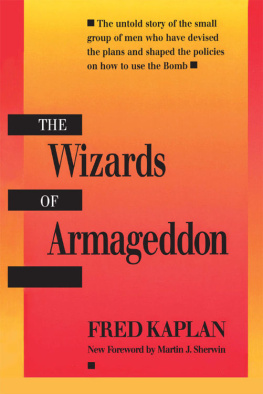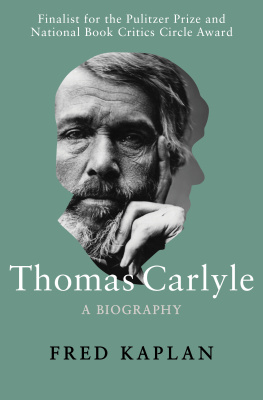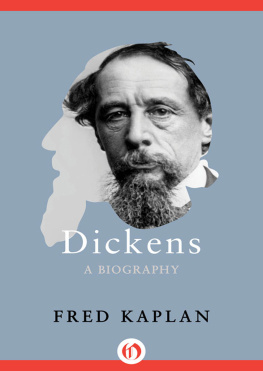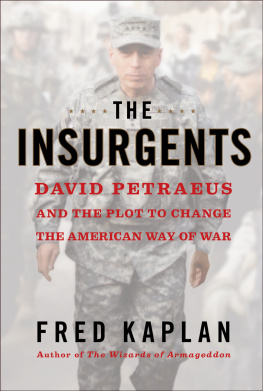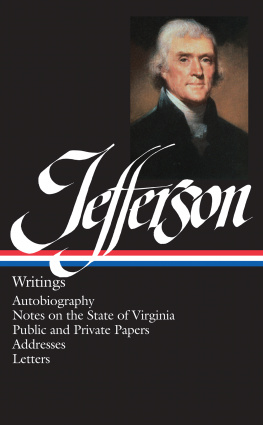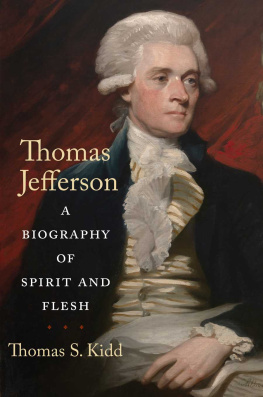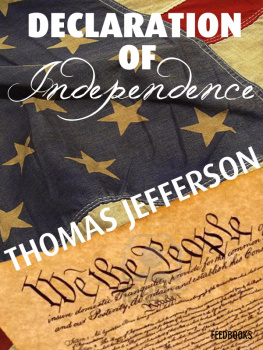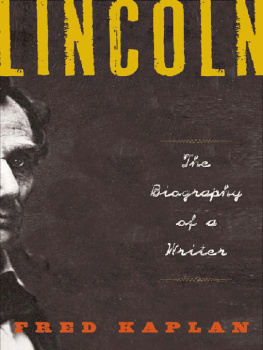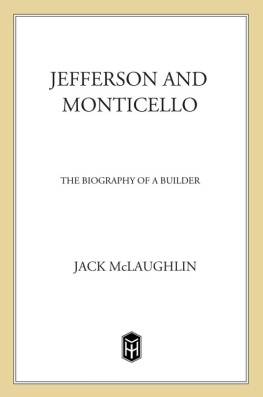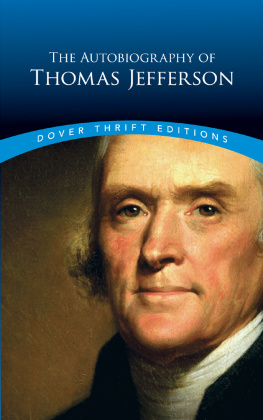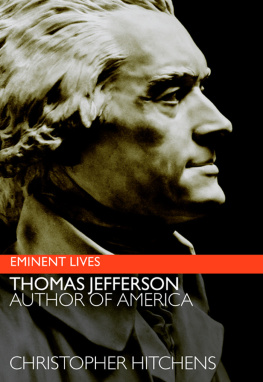MR. JEFFERSON HAD THE REPUTATION OF A MASTERLY PEN; HE HAD BEEN CHOSEN A DELEGATE IN VIRGINIA, IN CONSEQUENCE OF A VERY HANDSOME PUBLIC PAPER WHICH HE HAD WRITTEN FOR THE HOUSE OF BURGESSES, WHICH HAD GIVEN HIM THE CHARACTER OF A FINE WRITER.
THE SHINING TRACES OF HIS PEN.
GETTING ITS HISTORY WRONG IS PART OF BEING A NATION.
T homas Jefferson is the most controversial Founding Father for our times, above all due to his relationship with slavery. He inherited slaves, bought and sold slaves, and, after the death of his wife, had six children by Sally Hemings, a slave woman who was a half sister to his wife. It is that part of his life that we condemn today. It is useful to keep in mind, however, that Jefferson was also hated by many of his contemporaries as a Jacobin revolutionary, a populist demagogue, an agnostic or atheist, a slaveholder who believed in liberty in principle but not in practice, who preached against big government and centralized power but did not hesitate to use it in the interest of his policies, and a man whose vision of Americas future minimized banking, industry, and urbanization. All of which is to say, Jefferson has always been a controversial figure, and our attitudes toward him will be divided for as long as we study and reflect on our history. Indeed, his legacyespecially his Declaration of Independence, which says that all men are created equalis so central to the American experience and the reality of the United States today that Jefferson is the Founding Father who cannot be ignored. I hope my readers will find in this book an increased understanding of Jefferson as a whole, his strengths and weaknesses, and particularly the degree to which his brilliance as a writer is a key to his personality and public service and to the fact that his words still have meaning and resonance.
This book anchors the narrative in Jeffersons growth and development as a writer: the relationship between his literary gifts, his personal life, and his public service. They are an inseparable triad. In this narrative, Jefferson is often holding a pen. It is a dynamic element in his life and career from his earliest letters to A Summary View of the Rights of British America, the Declaration of Independence, and Notes on the State of Virginia, to his religious and scientific writings, his inaugural addresses, his correspondence with Washington, Madison, and Adams, his relationships with his wife, daughters, grandchildren, and slaves, his letters to male and female friends, and his brief, self-concealing autobiography. The narrative is biographical but selective. It proceeds chronologically by highlighting key moments when Jefferson had pen in hand. It is a pen used both to show and to hide. This master writer is a master of the shifting line between revealing and concealing from others and himself the complications, inconsistencies, and contradictions between his principles and his policies, between his optimistic view of human nature and the realities of his personal situation and the world he lived in.
Jefferson was constantly defining himself by literary acts, from his first letters to his self-created description for his tombstone. Only occasionally did he write explicitly about himselfhis feelings, experiences, and relationshipsand almost always in letters, which are among his most powerful and revealing writings. To approach Jefferson through his writings helps us to get into his mind and feelings. It contributes to our understanding of his strengths and limitations. It fosters an appreciation of his role as a propagandist of the Revolution, of the way he both made and recorded crucial aspects of the history of the first years of our republic. This approach shows how Jefferson wrote in different voices to different people and groups. It highlights his ability to change tone and language, as in his addresses to Indian nations, adjusting his appeal to the needs of his audience, and it also allows a focus on Jefferson as a revisionist historian attempting to mold the historical record in favor of himself and his policies. To focus on what and how he wrote helps us understand his personal and political tensions and reveals the complexity and fullness of his personality. Moreover, it allows us to read and appreciate prose of the highest literary and intellectual quality. It bookmarks Jefferson with Lincoln as a master of the English language. Jefferson was a superb writer, with a genius particularly suited to his needs as a Virginia legislator, wartime propagandist, governor, congressional delegate, secretary of state, vice-president, president, and the premier intellectual, cultural, and moral voice of the republic he helped create and then lived in for fifty years.
Jefferson gave eloquent articulation to the founding ideas of the United States. Many are still the bellwether values of American society. He channeled the widespread sentiment and language of rebellion into a declaration whose first paragraph became a worldwide affirmation of personal liberty and republican government. As a leader in the Virginia legislature, his pathbreaking proposals on issues from religious liberty to inheritance reform resonated with a set of values that the country was to embrace over time. And in his few years in the Confederation Congress, his writing talent, his gift for logical organization, concision, and precision, his assiduous work ethic, and his diplomatic tactfulness made him a prominent force in moving disparate interests toward a more unified expression of national priorities. He and his colleagues recognized the need for the confederated states to have a national Congress responsible for interstate commerce and foreign affairs, though how to do this and how far to go required a consensus difficult to achieve. As the second United States minister to France, Jeffersons work ethic, social amiability, writing skills, and aristocratic bearing made him the right person for the assignment. When, in 1789, he returned to America to become its first secretary of state, he had already contributed to the making of the new nation what most others would have considered a full career. As secretary of state and president, he advocated his version of republican values, emphasizing frugality, decentralization, agriculture, westward expansion, and an extension of the franchise.
Jefferson, though, was a public man who preferred his private home to the civic square. He could not, in March 1809, get out of Washington fast enough. Much of his desire for privacy was personal, but he also had intimations of an American future of which he did not approve. He disapproved of the federal court system, especially the Supreme Court as the unelected determiner of the Constitutions meaning; of the influential role of banks, paper currency, and stock markets in the emerging commercial nation; and of the power of money to influence legislation. He also believed that over time the American people were always right. Jefferson embodies the paradox of an elitist who preached populist rule on the assumption that the people would always elect people like him. In his last decade, with the election of Andrew Jackson, whom he detested, he discovered to his horror that his assumption was wrong.
Jefferson died a disillusioned man, touched with an edge of bitterness, so distraught was he by the way in which the country was defining itself. The populace did not always elect the best people. By 1826 the country had rejected his vision of a pastoral republic and was well on its way to embracing financial and industrial activism. In that regard also, he was considerably out of step with history. Even in his own day, Americans cared very much about many things Jefferson thought they should care less about, especially money and material objectsand they had few of Jeffersons scruples about how to get them. He would have been appalled at twenty-first-century America.

